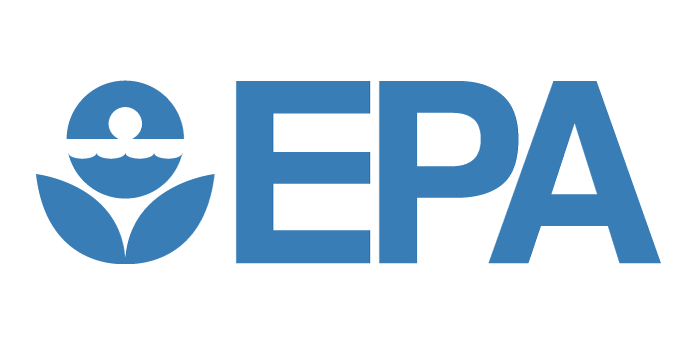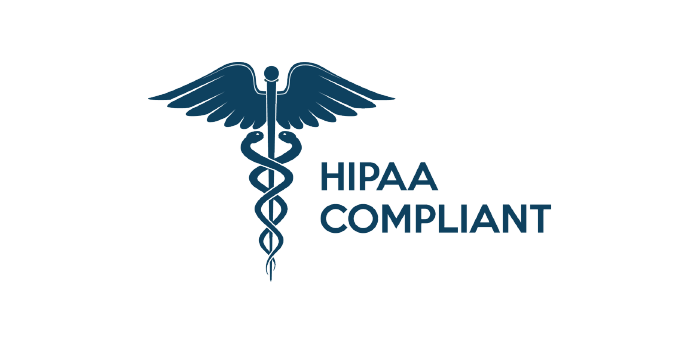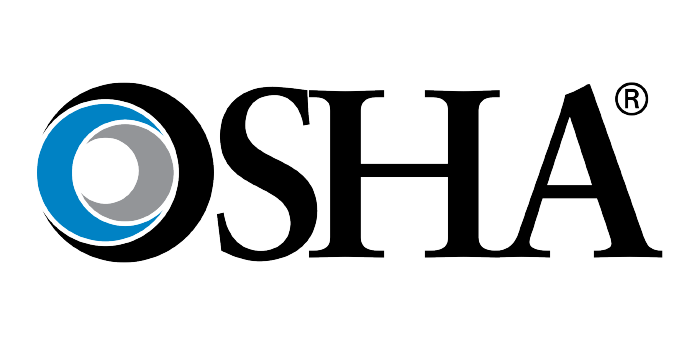← All Waste Disposal Industries
-

Oncology Waste Disposal
MET is a fully licensed, certified, and insured medical waste, treatment, and disposal company. We offer our waste disposal services across California, Nevada, and Arizona.
Oncology medical waste services provide the proper management and disposal of oncology medical waste, which is the waste generated by the diagnosis and treatment of cancer. This can include different types of waste such as chemotherapy waste, radioactive waste, and infectious waste. All of which are potentially hazardous and require special handling and treatment. Oncology waste management is important for ensuring the safety of patients, staff, visitors, and the environment. Oncology medical waste must also be tracked and documented to ensure accountability and compliance. Contact MET for more information.
Get a FREE $250 VISA Card if we can't save you money on medical waste disposal services



